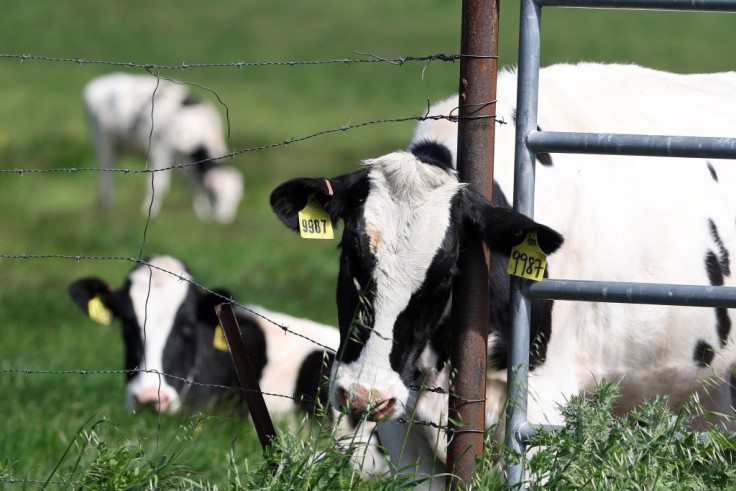
A new generation of mRNA is being developed to prevent bird flu virus mutations in humans and the increasing number of cases in cows.
The bird flu outbreak nationwide prompts scientist and the U.S. Agriculture Department to develop vaccines, akin to COVID-19 shots, that will soon begin to be tested on both humans and animals.
The next generation of this shot approach aims to protect dairy workers and prevent the virus from mutating into a strain capable of human-to-human transmission.
Preventing Bird Flu Virus Mutation in Human With New Vaccine
Scientists believe that by vaccinating cows in the country, it will help curb bird flu cases, protect dairy workers, and reduce the chances of the virus jumping to humans and mutating into a form that could spread more easily among people.
Next month, it is reported that vaccine testing and trials will beginon calves. This effort is made possible by the researchers at the University of Pennsylvania, in collaboration with the U.S. Agriculture Department.
Richard Webby, a flu researcher at St. Jude Children's Research Hospital, stated that the more interest from vaccine manufacturing companies that can respond to the demand, the better it will be.
The bird flu virus has been spreading among various animal species in numerous countries since 2020.
Detected in U.S. dairy herds in March, the virus is believed to have been present in cows since December. The USDA recently announced that the virus has also been found in alpacas for the first time.
Human and Animal Vaccine Development
It was recorded that this recent bird flu outbreak has affected three farm workers who have now been diagnosed with bird flu after their exposure to infected cows and are manifesting their illnesses mildly.
Nonetheless, earlier versions of the H5N1 flu virus have been highly lethal to humans in other parts of the world, prompting officials to prepare for potential mutations that could make the virus more dangerous.
Traditional flu vaccines are primarily produced using an egg-based process that has been in use for over 70 years.
This method involves injecting a candidate virus into fertilized chicken eggs, allowing the virus to grow before harvesting and preparing the vaccine.
However, some vaccines are made in large vats of cells, offering an alternative to the egg-based method.
The CDC has developed two candidate vaccines for humans that match the bird flu strain found in U.S. dairy herds.
The federal government has hundreds of thousands of vaccine doses ready and can produce millions more if needed.
Additionally, CSL Seqirus, a manufacturer of cell-based flu vaccines, has been contracted to produce about 4.8 million doses, expected to be ready by late summer.
Meanwhile, the mRNA technology used for COVID-19 vaccines is being adapted for bird flu.
Moderna has already begun early-stage human testing of a bird flu mRNA vaccine, and Pfizer is conducting similar research.
Both companies are in discussions with the U.S. government to advance their pandemic flu vaccine candidates.
Read Also: US Labor Department Sues Hyundai Plant for Alleged Child Labor Violations
Promising Results from Early Tests
Scott Hensley, an immunologist at the University of Pennsylvania, worked with mRNA pioneer Drew Weissman to create the experimental cow vaccine.
In initial tests, mice and ferrets produced high levels of antibodies after vaccination, and all vaccinated ferrets survived when exposed to the virus.
The upcoming cow study will start with about 10 calves receiving either one of two doses. Blood samples will then be analyzed to determine the levels of antibodies produced.
The USDA study aims to find the appropriate dosage for large animals before testing the vaccine's effectiveness. By reducing the virus in cows, the risk of a mutant strain emerging that could spread among humans is decreased, he added.
Related Article: Texas FedEx Truck Collision Near Eagle Pass Leaves Five Family Members Dead